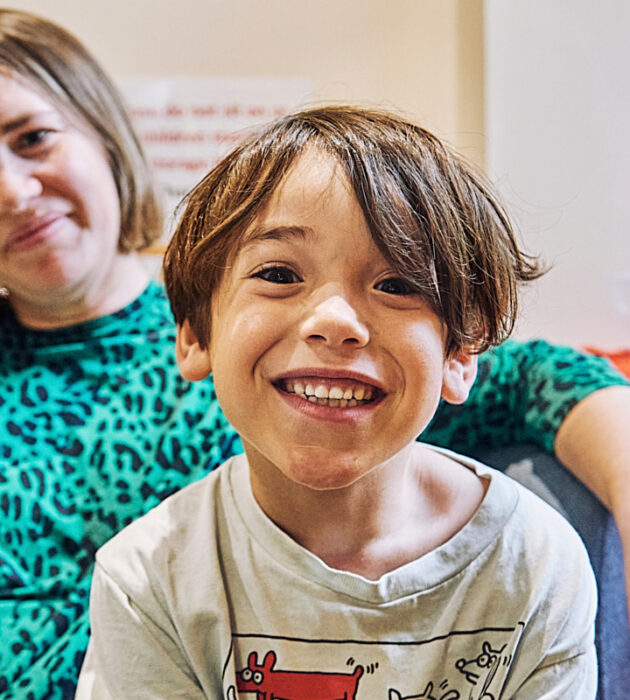15 September 2023
Pathways programme
Kathryn: what leadership means to me
Kathryn, a practice manager in children protection, reflects on her experience on the Pathways programme and what leadership means in her role.
Kathryn Randall Curtis is a practice manager in a child protection team at the London Borough of Islington.
When the Pathways Programme started up she joined our first cohort of Pathway 1. Kathryn was keen to start her new role as a manager with the leadership skills required to support and empower her team to do their best work with children and families.
We loved hearing about Kathryn’s journey and how she has brought back her learnings to her wider team.
Before starting your journey on Pathway 1, what were you hoping to get out of the programme?
I’ve always really enjoyed being a frontline social worker, but when the opportunity came to step into a maternity cover role as a manager, I thought it would be a good experience for me as I wasn’t totally sure about my career goals long term. I was keen to get on the first Pathway 1 cohort as soon as I secured the management role as I felt it would help me establish good leadership habits from the start. I’ve been a social worker since 2014, but as a new manager I wanted to be intentional with how I use my time to best support practitioners.
Is there a particular session or a conversation that you had that impacted you and would you be happy to tell me about that?
The feedback session was useful to have the chance to think about ways of giving constructive feedback. I really enjoyed the aspects of the training that incorporated theory to the skills being taught, and the discussions around them.
The focus on supervision was also valuable to help consider all the different people with varying priorities for you to consider as a manager. For instance, senior managers might prioritise frequency of supervision and accuracy of risk assessment, whereas social workers may want to spend more time on the emotional impact of the role and their well-being. It was helpful to be supported to think about how to create a supervision space that meets all interested parties’ objectives.
Was there anything from the Pathway 1 training that you took back to share with your team?
The session about race and social graces was really well done. I attended the training along with another manager from my local authority, and we felt really lucky to have such good content delivered to us. Following the residential we brought our learning around anti racist practice back into the team, delivering 6 sessions across team meetings. The other practice manager in my team is a black woman, and as a white woman myself we recognised that we come from different perspectives and have different lived experiences in relation to race. Our team is quite diverse and we had to be thoughtful about how to make those conversations feel as safe as possible for everyone. It took us a bit of time to try and work that out and get people’s views on how they felt most comfortable. I hope that the team feels we managed to achieve a ‘brave space’ for the discussions.
What was your understanding of leadership in social work before the residential and how has it changed after the residential?
I feel most comfortable associating myself with leadership when it is understood as something which is collaborative, empowering and focused on supporting people to be their best, rather than being too directive. This aligned with the way leadership was being defined on the residential. I think what was really good about the residential is giving a space for people to come together to really think about what good leadership entails, because sometimes you just drift into habits when you are busy and stretched without being purposeful.
What would you say to people to encourage them to think about this programme?
I’d say the training is incredibly worthwhile because it allows you to set time out to really think about how you want to do your job, and how the way you do your job impacts people – from those you manage directly, to the families and children who your social workers support. I think social workers who receive empathetic and caring line management, are in turn more likely to be able to be empathetic and caring social workers.
The residential element of the training created a focused space. Because you’re not physically in your home or your office, I felt I had permission to really concentrate and not get drawn into casework. I also really valued connecting with people from different regions as it helped to break out of the norm of being very London-centric.
I particularly enjoyed doing the training with another manager from my team as we kept each other accountable for embedding the learning in our local authority afterwards. I think this type of leadership training is massively needed, and may not be something local authorities consistently offer staff at the point of moving into a management role. In my experience I have seen that quite often people just step into the role, despite it requiring different skills to frontline social work. I think the programme is really valuable in providing space to think about what kind of leader you want to be.
